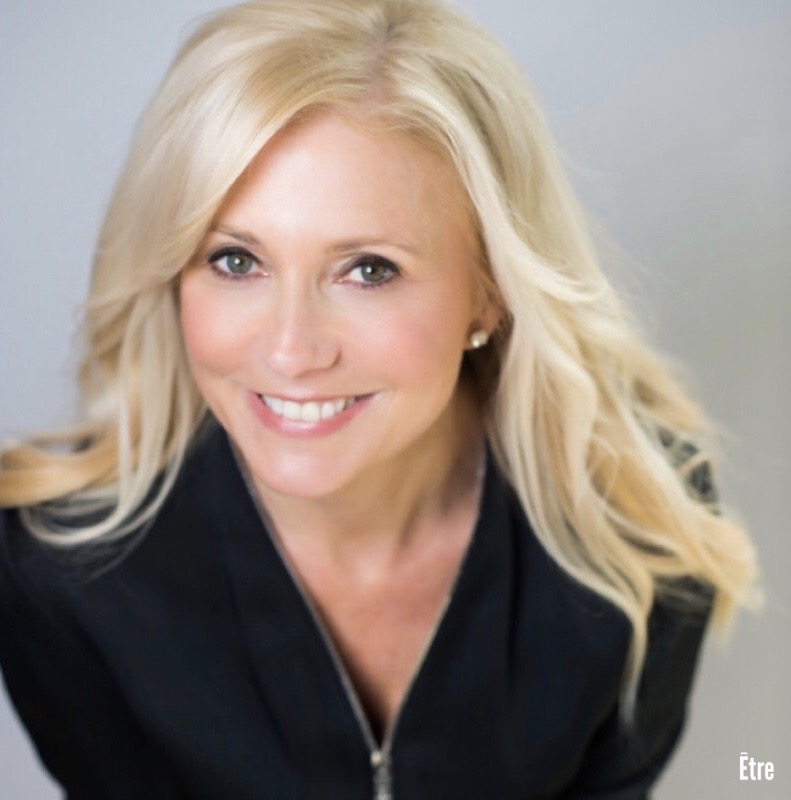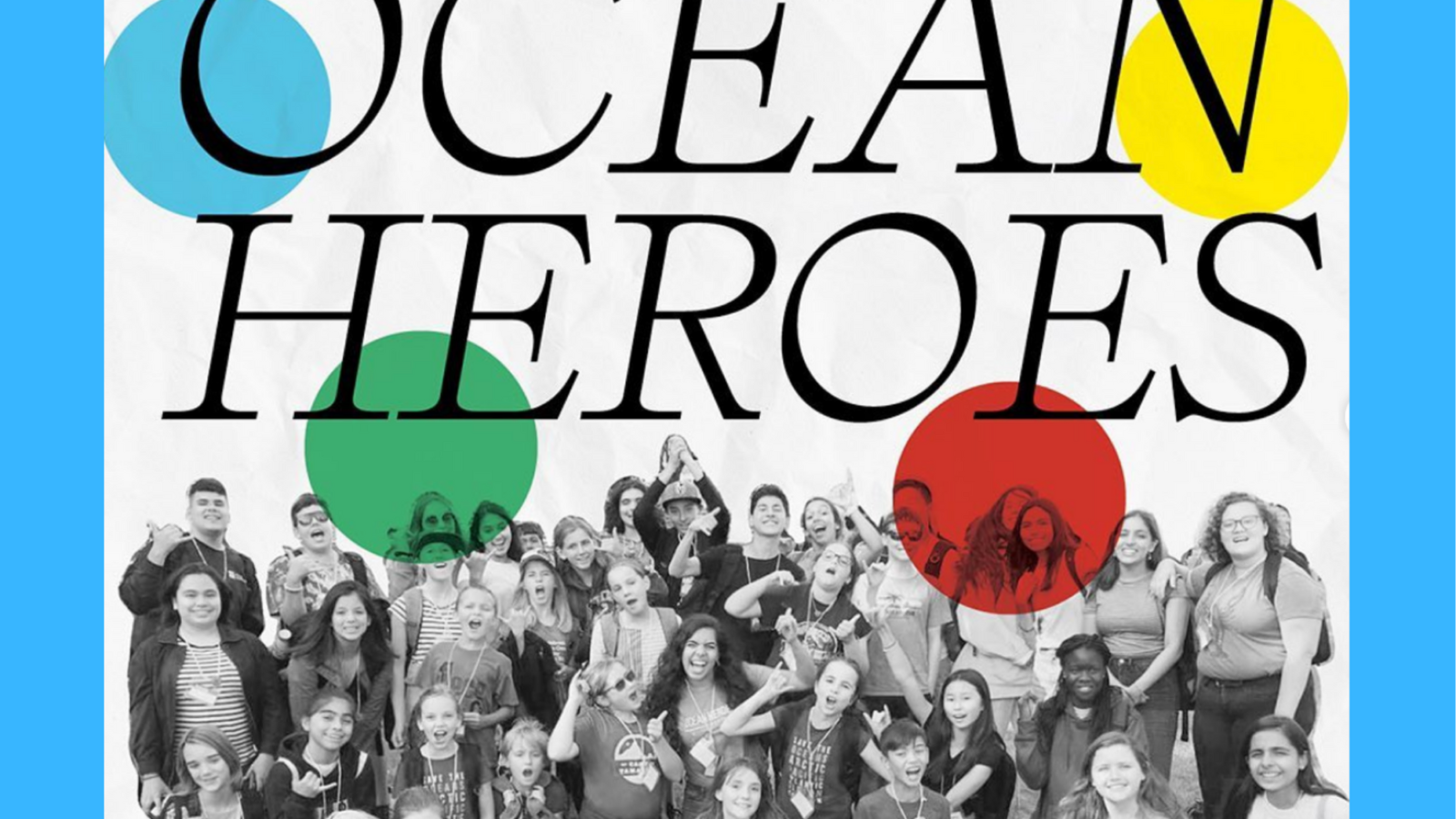“In extreme environments, heroes rise up.”
So begins a video that introduces Ocean Heroes, a youth-led initiative to restore and preserve the world’s ocean health. Spanning six continents and 24 time zones, and amassing over 1000 members in three years, the Ocean Heroes network offers agency and voice to a new generation of ocean activists, empowering students to bring meaningful change at the local, state and federal levels.
At the most recent Ocean Heroes Bootcamp, a free and virtual experience co-founded by organizations Captain Planet Foundation and Lonely Whale, diverse voices came together to learn from ocean health NGOs, hear from experienced campaigners and forge new relationships as rising leaders. Addressing topics such as single-use plastics and renewable energy, amplifying BIPOC climate youth activists and celebrating the launch of their brand new magazine, the June bootcamp was a rousing success.
Être, a mentorship platform for girls, heard about the Ocean Heroes bootcamp, and wanted to know more. Reaching out to Leesa Carter, CEO of Captain Planet Foundation, Dune Ives, CEO of Lonely Whale, and two student representatives who attended the bootcamp, we asked our questions and are still talking about the answers. Below is an edited compilation of these interviews.
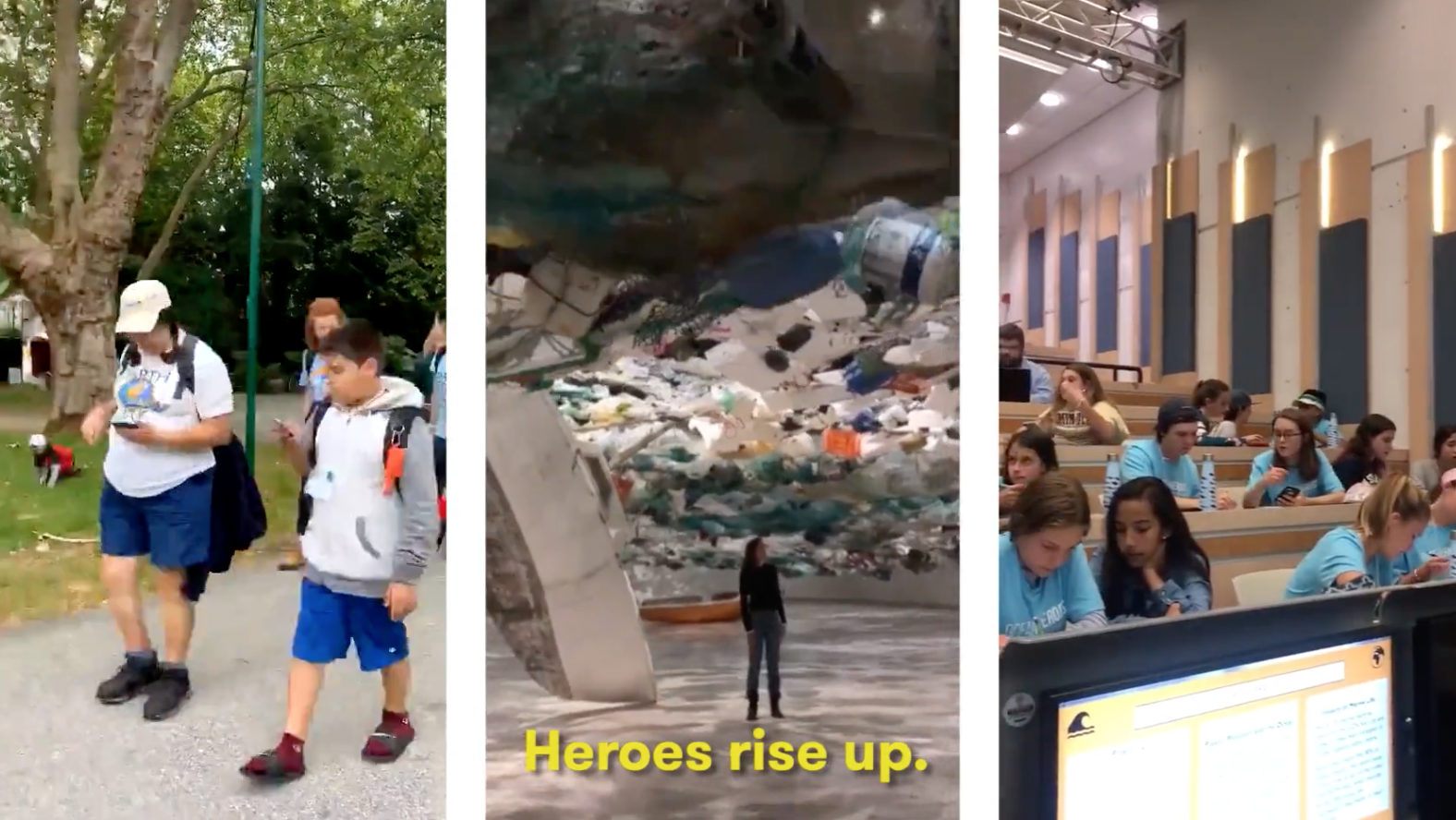
Ê: What inspired your two organizations to join forces and offer the Ocean Heroes Global Bootcamp in the first place?
LC: In the truest sense of collaboration – Captain Planet Foundation and Lonely Whale had very different core competencies that, when combined, made us more successful in partnership. We were both interested in working directly with Gen Z to support their rightful impatience for a different type of future, one that addressed the growing climate emergency and restored clean seas. When we started discussing our vision for supporting them, it just made sense for us to do it together.
DI: When we were contacted by these incredibly gifted and motivated youth working to change the world, we recognized that in large part they were working by themselves without support from each other. To address our environmental and social issues, we know that we can be so much more effective when working together and felt it was our responsibility to both model and encourage collaboration.
Joining forces to create and support the Ocean Heroes Global Bootcamp was one of the ways we felt we could best serve the needs and interests of these youth leaders.
Dune Ives
Ê: What struck you most during the experience about the level of commitment and engagement shown by today’s youth?
DI: Perhaps the greatest lesson I have learned from the youth we work with is how patient, kind and generous they are with each other. There is a level of deep understanding of the state of the environment that they each carry with them and through that understanding they understand the importance of being connected with each other. There is also a level of trust in each other that you don’t see among many adults that we can all learn from.
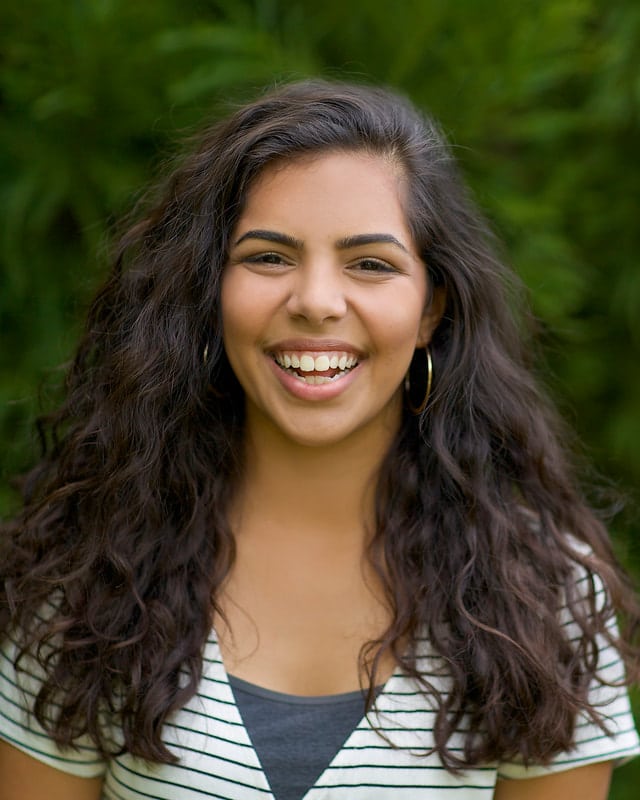
Ê: This is a question for Hannah Testa, teen founder of Hannah4Change: You have successfully engaged partners like Starbucks and have lobbied for state and federal sustainability legislation – what do you want other young activists to know about bringing change on a big scale?
HT: My friend and fellow activist once told me, “the weight of the world is not as heavy if we all lift it together.” The key to successful campaigns is the community behind them. There is so much power when you bring a large number of people behind a certain cause: it shows that enough people care and puts pressure on the decision-makers to take action.
But it isn’t always easy to get many people behind you when you first begin. Start small and build your way up. Work with peers and allies you already have and network to reach a larger audience. You can use this new network again when you work on more campaigns in the future.
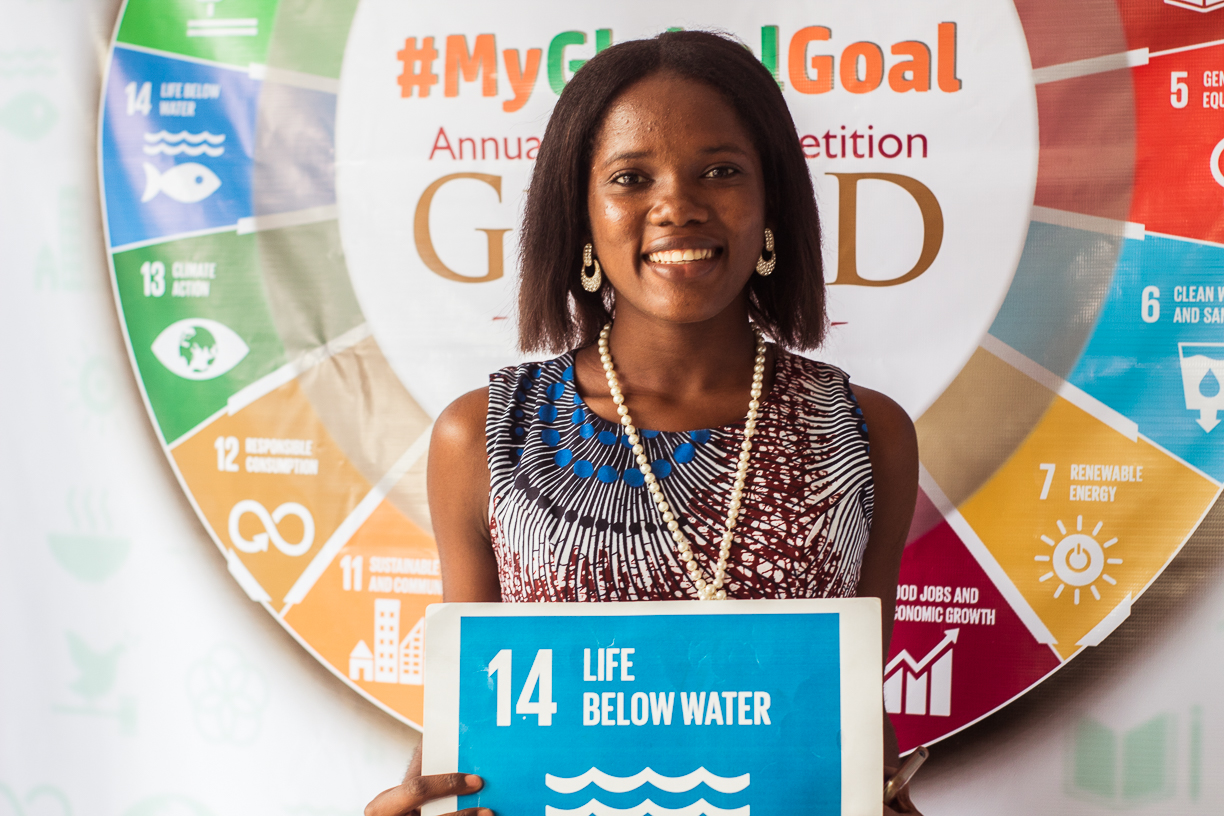
Ê: So cool! Okay, this is a question for Oluwaseyi Moejoh, founder of U-Recycle: What prompted you to start the U-Recycle Initiative and how have you seen your peers and colleagues respond to endeavors like yours?
OM: Clogged drains, polluted shorelines, illegal dumpsites, excessive flooding, the spread of killer diseases like malaria etc. In numerous Nigerian communities, people live surrounded by improperly managed waste. Poor waste management systems and environmental pollution have been a prevalent problem for years. This has devastating effects on the ocean, environment and public health.
Hence, in a bid to mitigate this problem I started the U-Recycle Initiative Africa in 2018, to facilitate waste management education and environmental sustainability, that is – to essentially promote behavioral change, enhance the reduction, recycling and repurposing of waste and empower youths to spearhead solutions focused on mitigating plastic pollution in Africa and the World.
The goal is to protect and preserve oceans, vulnerable communities, the planet, biodiversity and humans from the perils of the plastic pollution crisis.
Oluwaseyi Moejoh
So far the response, I have seen from peers and colleagues to several projects at our organization have been primarily encouraging. They are mostly eager to learn and practice ways they can be the solution and not the pollution.
Ê: We could not love this more. Back to the bootcamp founders – we heard there is a new youth-edited magazine – can you tell us about it?
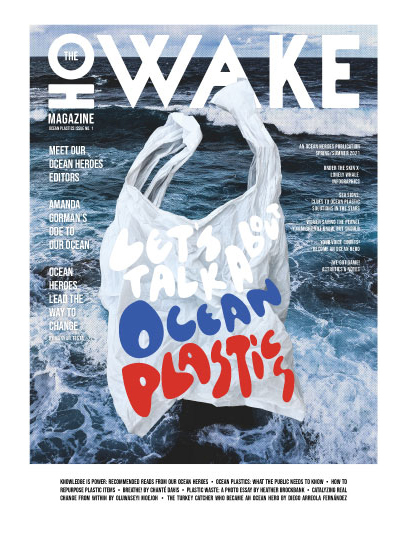
DI: We are so excited about OH-Wake, a new magazine created with support from HP that is edited by six global youth leaders and is a resource for children, young adults and their families who care deeply for and wish to take more action to protect and replenish the ocean. The OH-WAKE Magazine bridges the digital equity gap to empower lifelong learners and propel the future of ocean conservation.
Ê: Last question: mentorship and allyship seem like such a big part of both of your missions; what is one piece of mentor advice you would like to pass on to rising environmental activists?
LC: Make sure that you surround yourself with allies who have the same core beliefs as you so that you are pulling in the same direction when the seas become rough. And they will. Change is not quick work. It takes persistence and it takes patience. And it helps to also have teammates with a sense of humor. Take time to laugh and breathe. Otherwise, it can become really overwhelming.
DI: Never let anyone tell you that your idea cannot become a reality. Your superhero power is being young and unencumbered by barriers and obstacles. Hold onto that belief for as long as you can and continue to tell us how we can support and encourage your efforts.
Best. Advice. Ever.
For young climate activists everywhere looking for role models and rising impact, look no further than Ocean Heroes. “We’ve shown the world the ripples one voice can create,” concludes the group’s video, “…can you imagine the impact of our network?”
We can indeed…and we can’t wait to dive in.
Être is grateful to the members of the Ocean Heroes Network for answering our questions and saving our planet. Interested youth can get involved by signing up for a regional Bootcamp on the Ocean Heroes Network website at oceanheroeshq.com/bootcamp.

